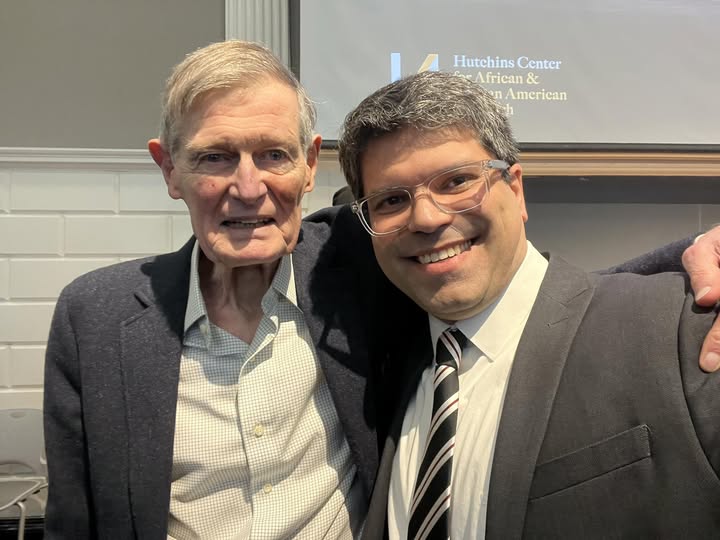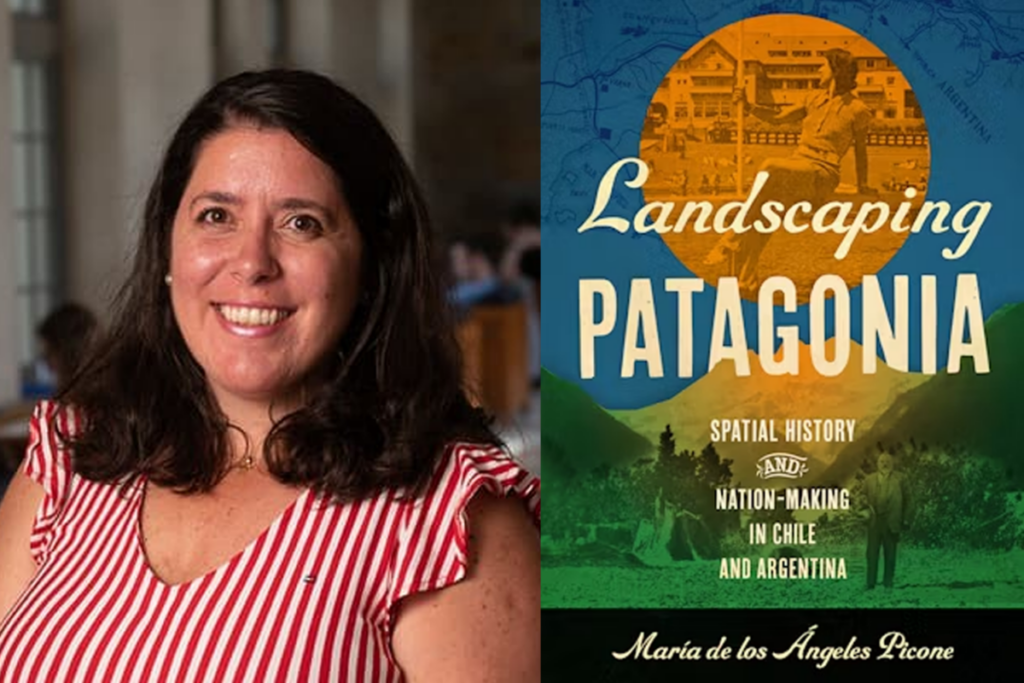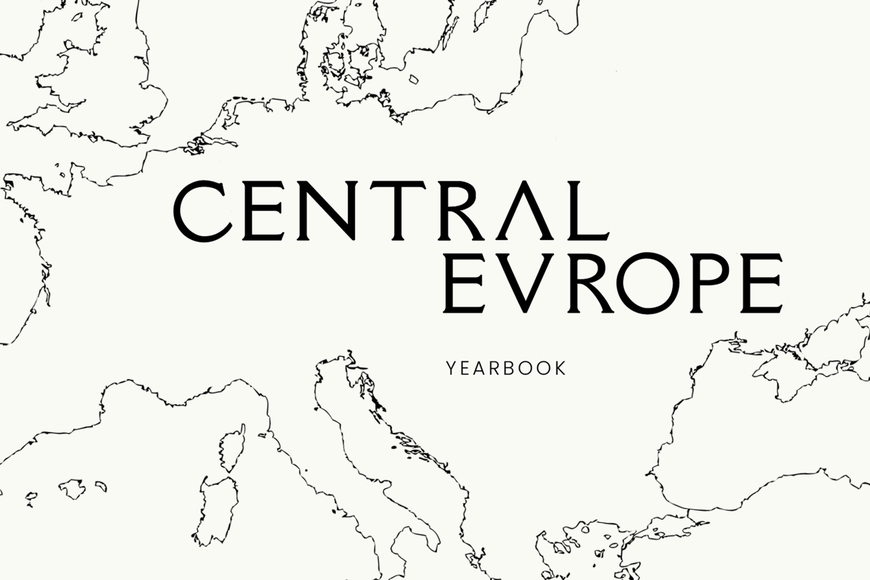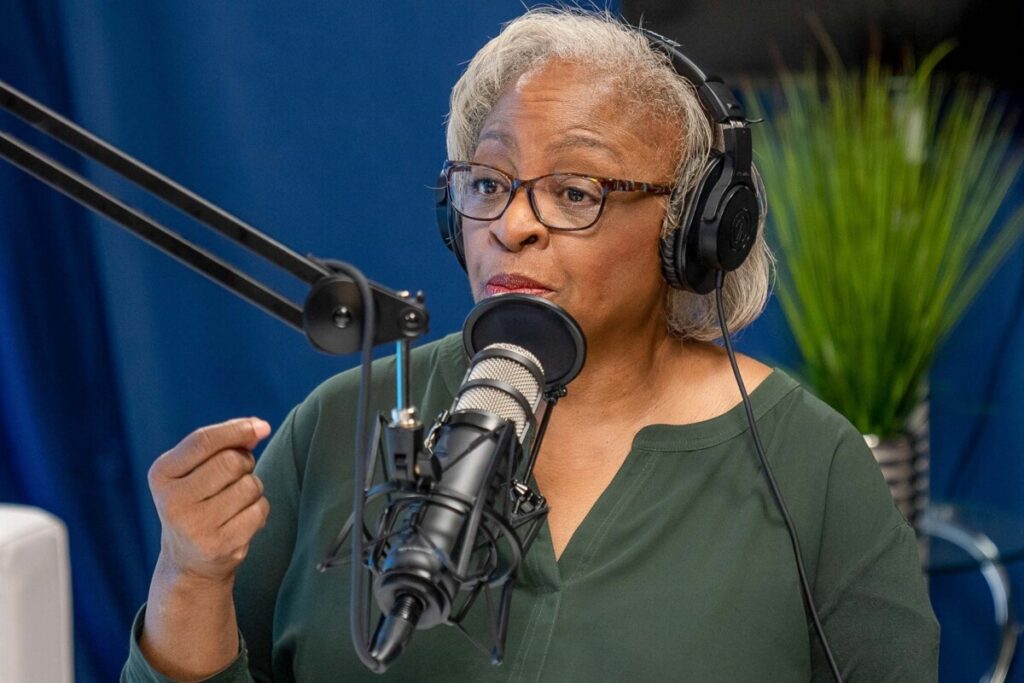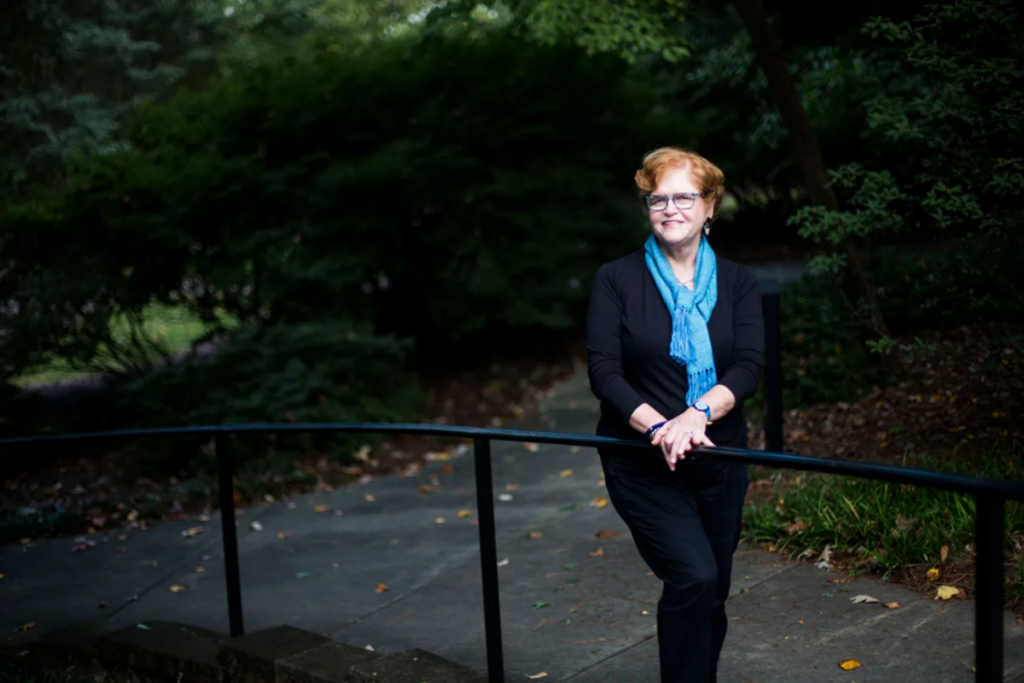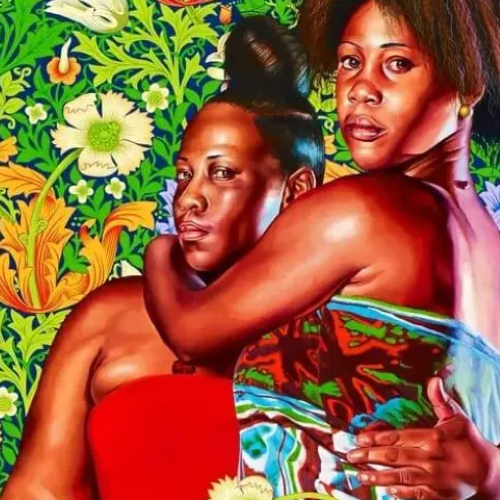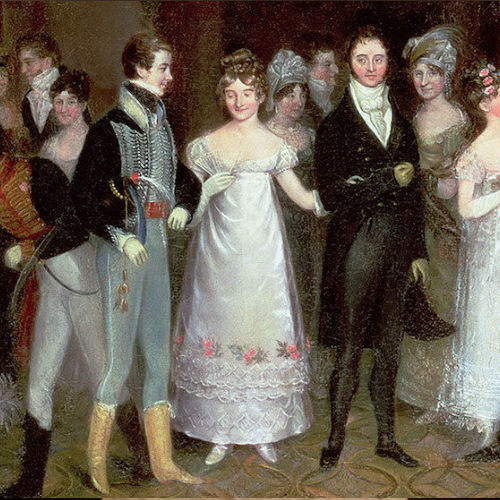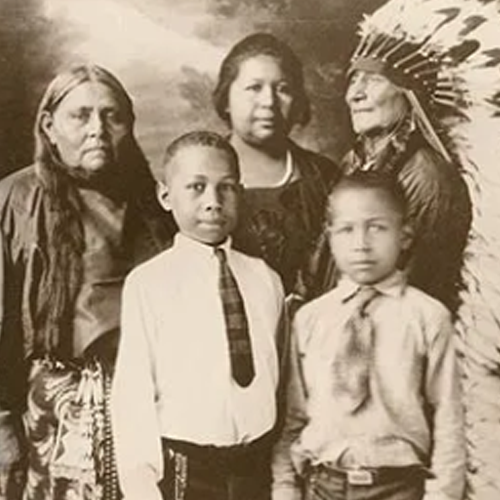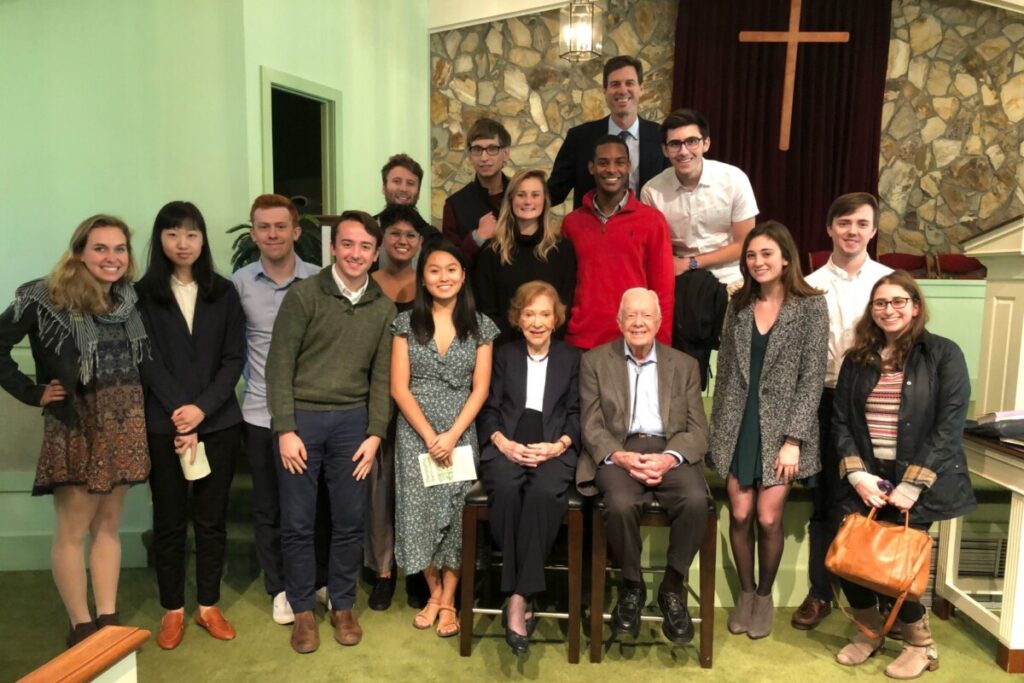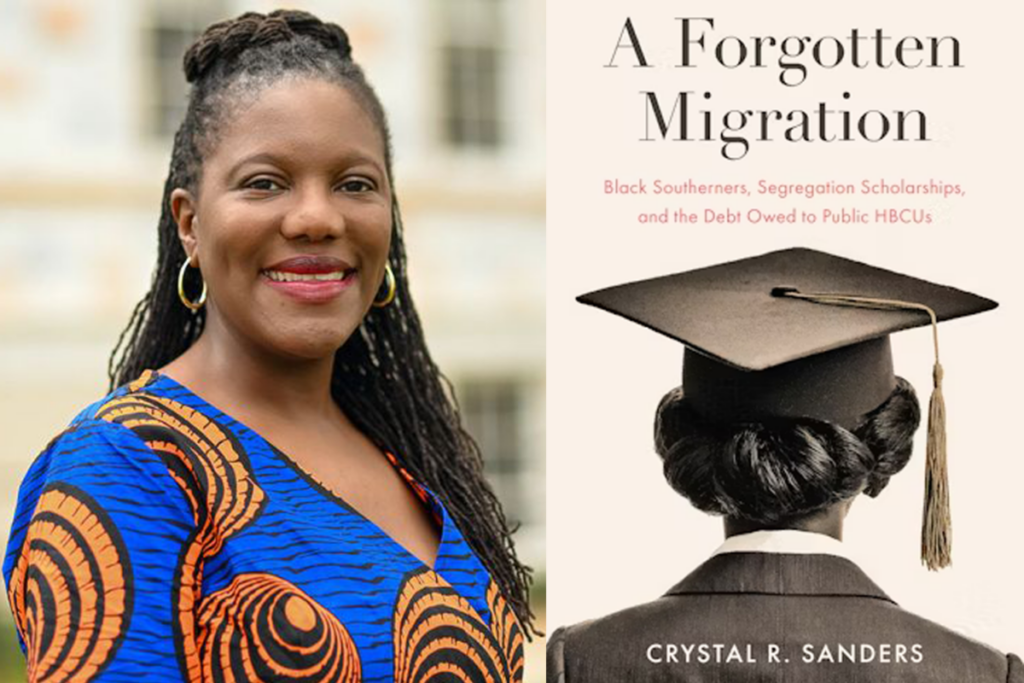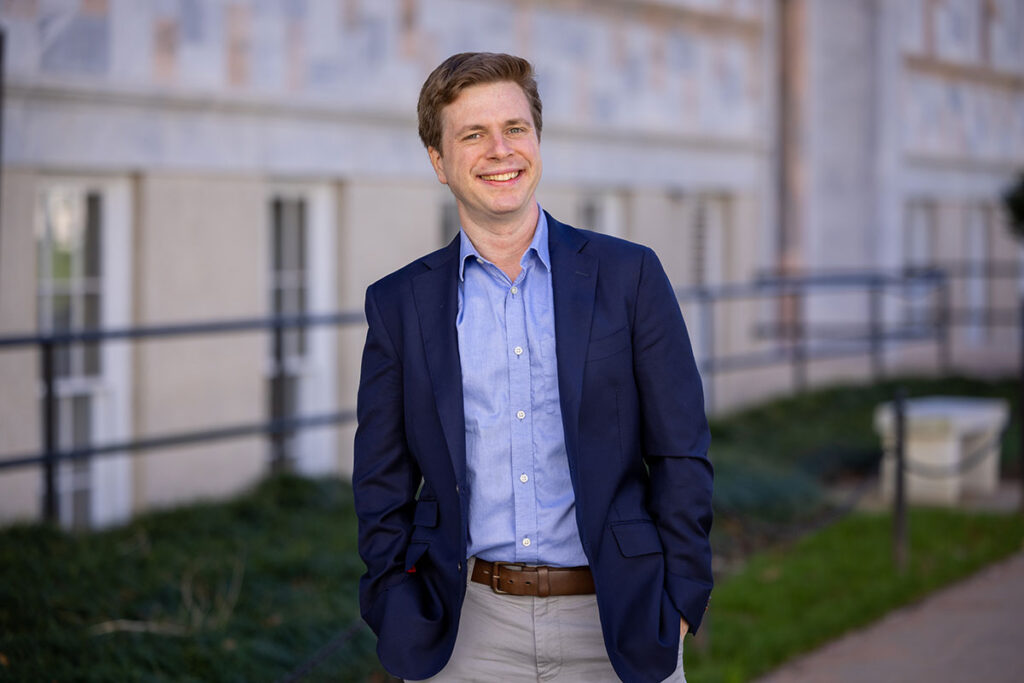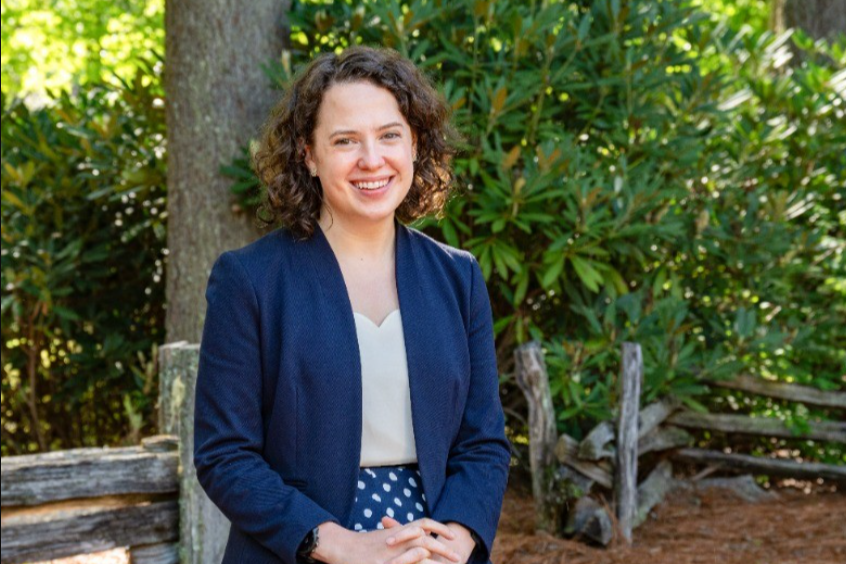
David Eltis, Robert W. Woodruff Professor Emeritus of History, has won the W.E.B. DuBois Medal of Honor, Harvard University’s highest award in the field of African and African American studies. The DuBois medal is given to individuals in the United States and across the globe in recognition of their contributions to African and African American culture and the life of the mind.
A specialist in the early modern Atlantic World, slavery, and migration (both coerced and free), Eltis is the author of many prize-winning works, including Economic Growth and The Ending of the Transatlantic Slave Trade (Oxford University Press, 1987) and The Rise of African Slavery in the Americas (Cambridge University Press, 2000). Eltis co-created the Transatlantic Slave Trade database and website SlaveVoyages.org, a pioneering digital initiative that compiles and makes publicly accessible the records of the largest slave trades in history.
Eltis received the award at the recent conference “SlaveVoyages: New Research & Uncharted Waters,” which was held at the Hutchins Center for African & African American Research at Harvard and featured multiple Emory History graduate program alumni.
